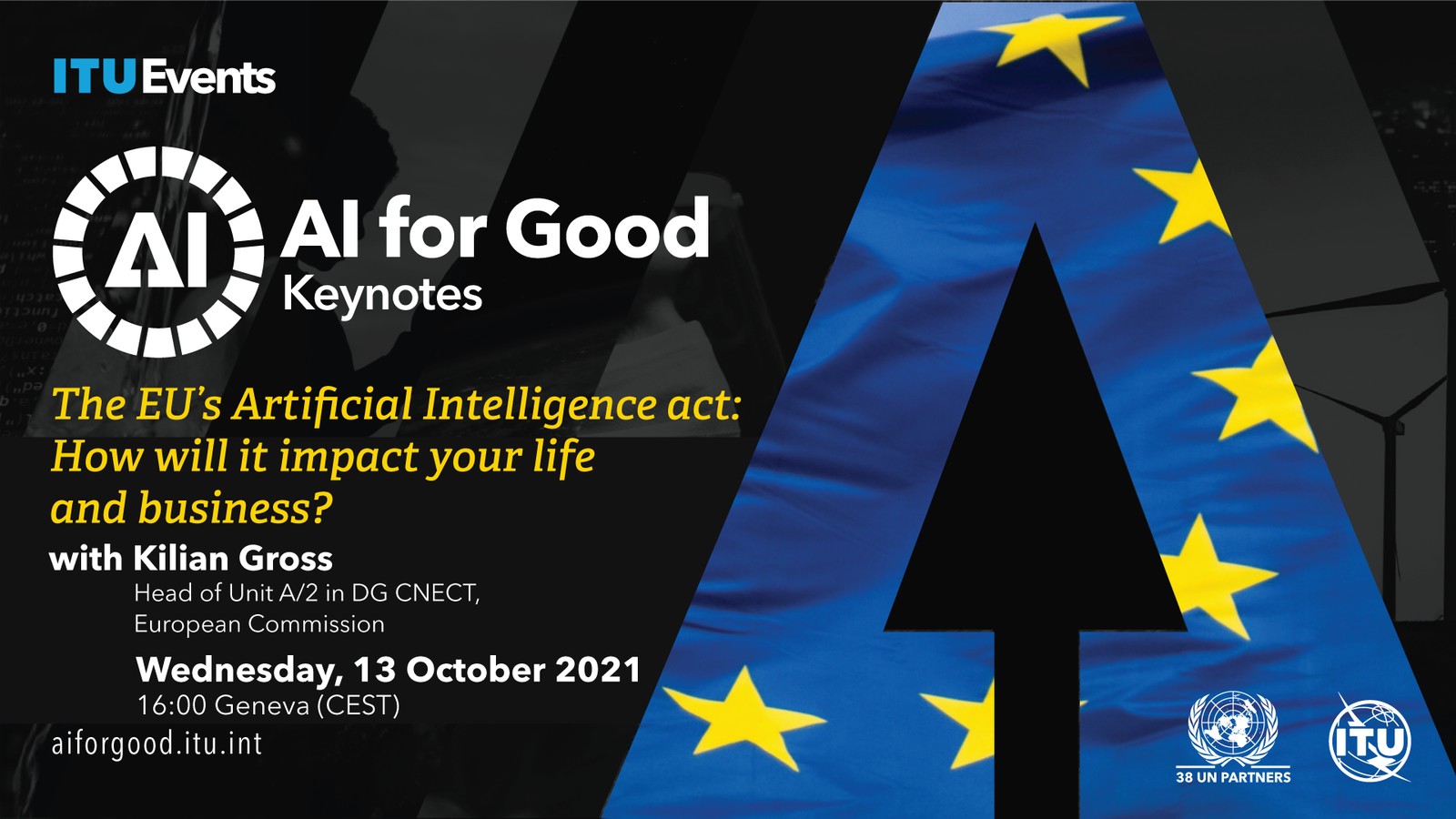Quick Overview
A new research initiative funded by the European Union, amounting to €3 million, will investigate the societal benefits and risks associated with Artificial Intelligence (AI). This project is spearheaded by the University College Dublin (UCD) Centre for Digital Policy and is set to begin in February 2025.
Project Details
- Project Name: FORSEE (Forging Successful AI Applications for European Economy and Society)
- Funding Source: Horizon Europe programme, under the “Beyond the horizon: A human-friendly deployment of artificial intelligence” funding call.
- Objective: To expand the definition of “successful AI” beyond just technological and economic metrics, focusing on sustainability, labor, and societal engagement.
Leadership and Collaboration
- The project is led by Dr. Elizabeth Farries, Director of UCD Centre for Digital Policy.
- It involves a consortium of eight partners from various universities, research institutions, and think tanks across six European countries.
Research Goals
Dr. Farries emphasized that the FORSEE project aims to clarify what constitutes “successful AI” to improve regulatory frameworks. The research will focus on:
- Sustainability
- Labor market impacts
- Economic efficiency
- Gender considerations
- Engagement with civil society
Engagement and Evaluation
The FORSEE team will engage with various stakeholders, including institutions and civil society organizations, to:
- Identify current criteria for AI success.
- Evaluate the impact of AI on the economy and society.
- Examine the conditions affecting small and medium enterprises in the EU.
Future Recommendations
Co-PI Prof. Eugenia Siapera noted that the project aims to establish a solid empirical foundation for equitable and sustainable AI governance through dialogue with institutional bodies and societal stakeholders. The findings will lead to actionable recommendations for European policy, enhancing existing regulatory frameworks.
Consortium Partners
- UCD (Ireland)
- Trinity College Dublin (Ireland)
- Tilburg University (The Netherlands)
- University Paul Sabatier Toulouse III (France)
- WZB Berlin Social Science Centre (Germany)
- Demos Helsinki (Finland)
- TASC Europe Studies CLG (Ireland)
- European Digital SME Alliance (Belgium)
Conclusion
This initiative represents a significant step towards understanding and managing the societal implications of AI, ensuring that its development aligns with European values and priorities.
